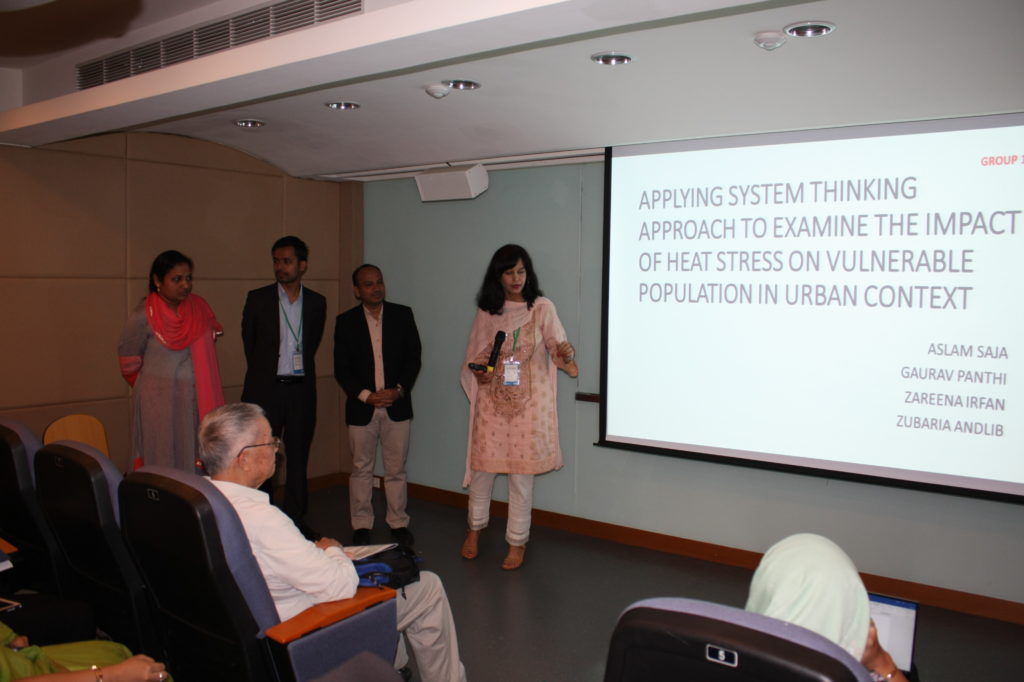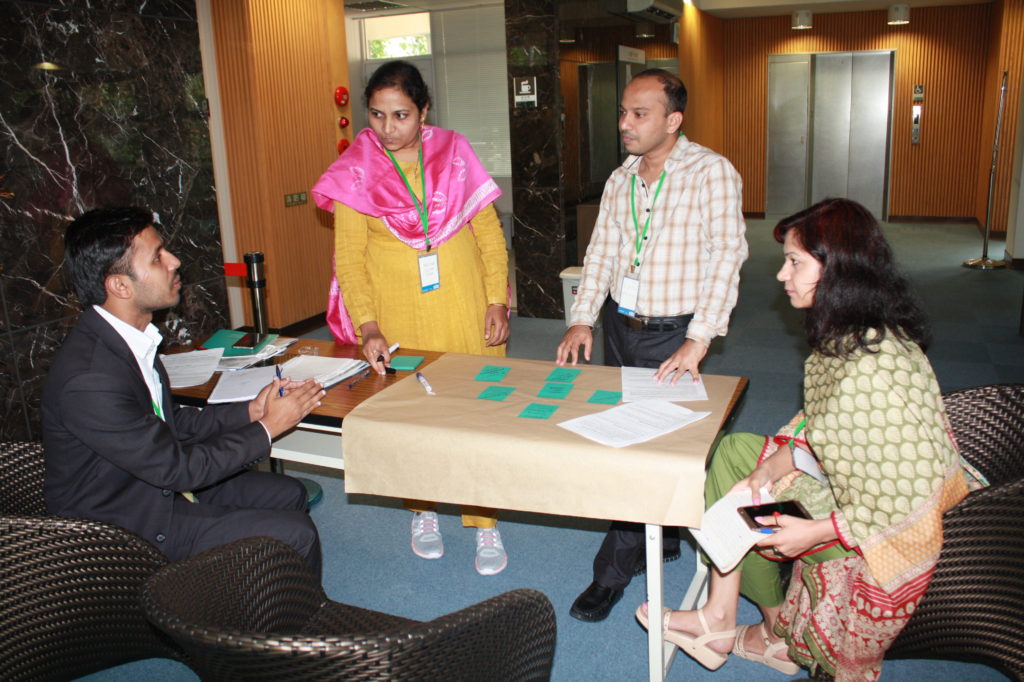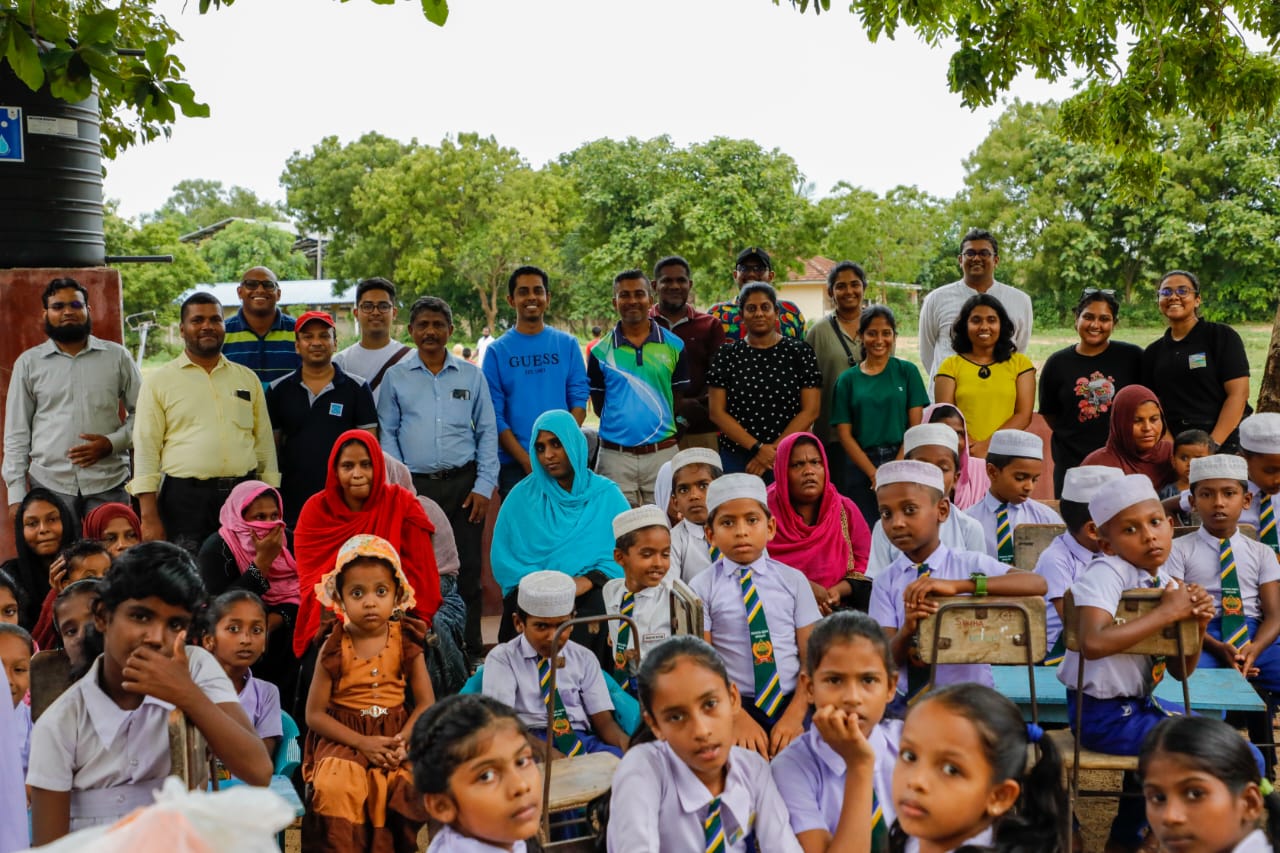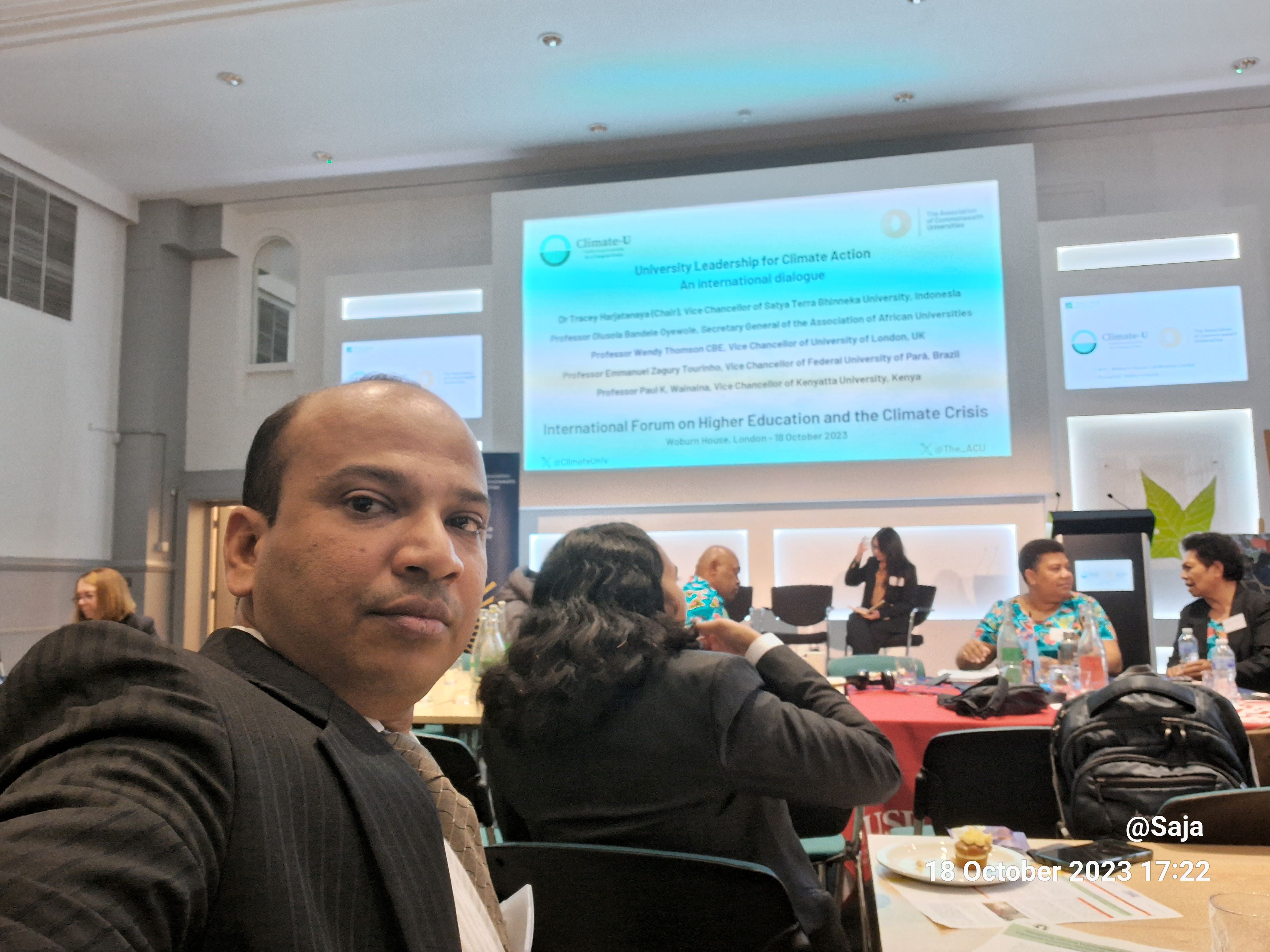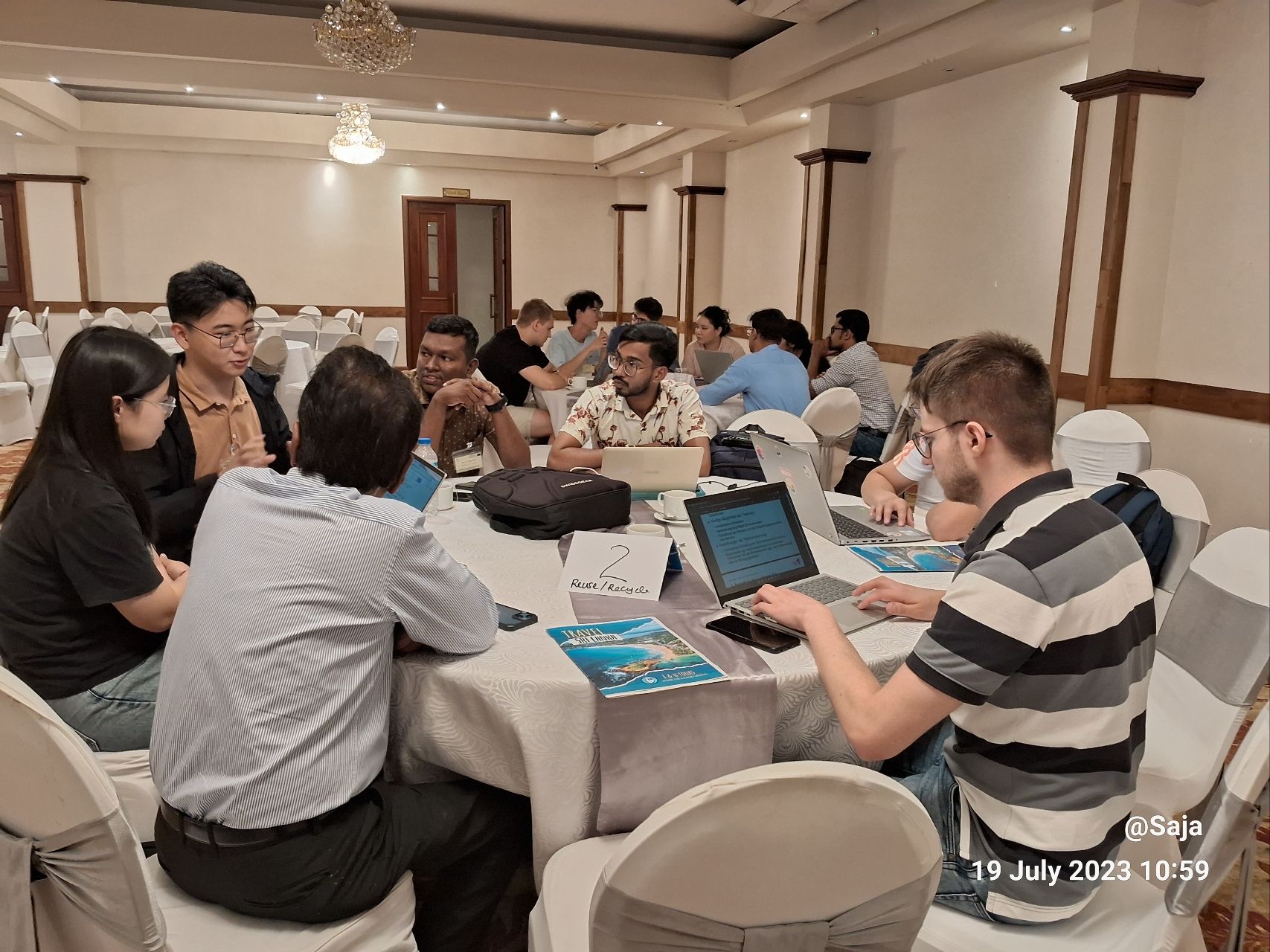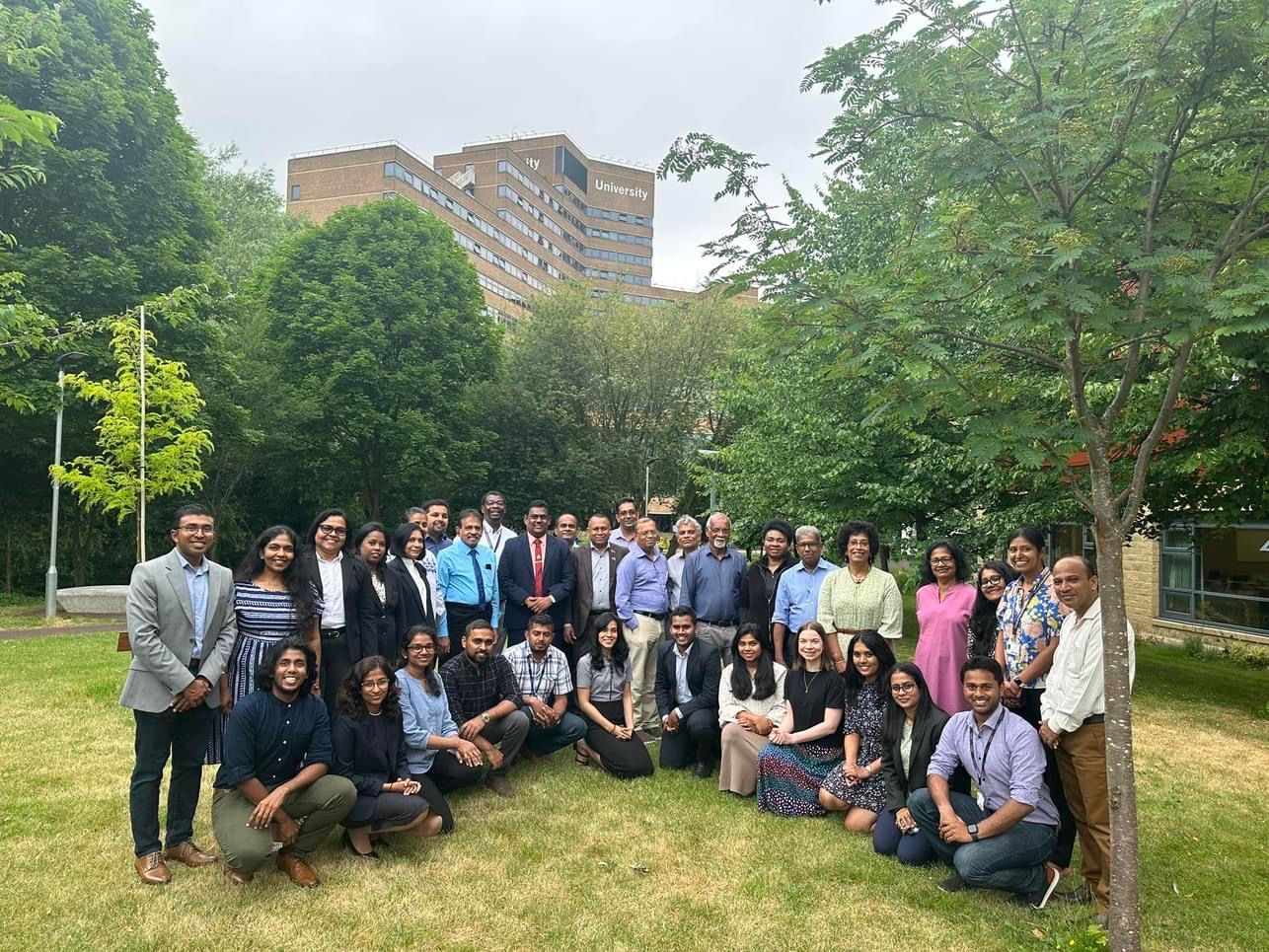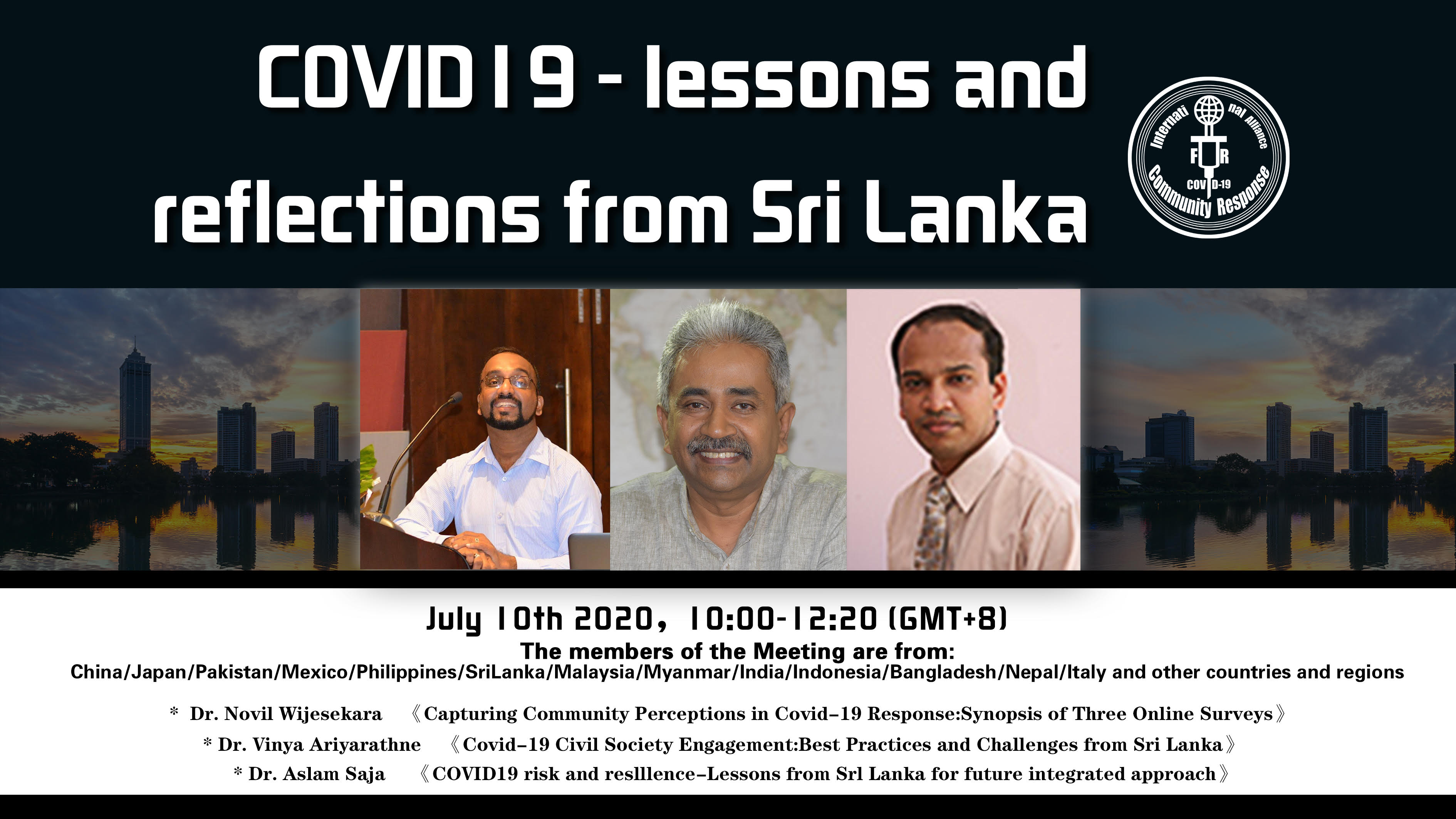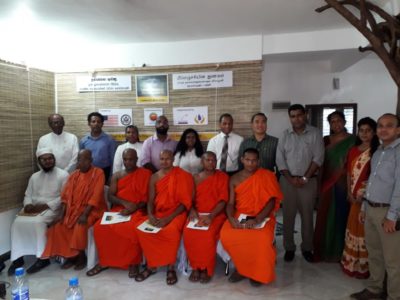
SPIN team won seed grant for research on heat stress in South Asia
SPIN (Sri Lanka, Pakistan, India and Nepal) Team has won the regional seed grant for the research on “Examining The Heat Stress Impact on the South Asian Vulnerable Urban Population – A System Thinking Approach”. This research grant is provided by IRDR-ICoE Taipei under the 2018 Advanced Institute – Heat Stress Sensors, Early Warning and Information Technology in collaboration with Academia Sinica, Taiwan and International Science Council Regional Office for Asia and the Pacific, Malaysia. SPIN Team members collaborate with Saja Aslam (Sri Lanka) in this research lead by Dr. Zareena Begum Irfan (Madras School of Economics, Chennai) as a Principal Investigator. Other SPIN Team members include: Dr. Zubaria Andlib Lecturer/PhD Scholar, Federal Urdu University of Arts, Science, Technology, Islamabad, Pakistan. (Co-Investigator) and Gaurav Panthi Architect/Researcher, Environment and Resource Management Consultant, Kathmandu, Nepal. (Co-Investigator). http://www.irdrinternational.org/2019/02/17/irdr-young-scientists-won-seed-grant-for-research-on-heat-stress-in-south-asia/
2018 Advanced Institute on Disaster Risk Reduction with Systems Approach for Slow-Onset Climate Disasters (AI-SOCD) focuses on Heat Stress Sensors, Early Warning, and Information Technology has been held from 4 to 8 June, 2018 in Taipei and focused on the way to learn how to apply a heat -stress indicator, Wet-Bulb Globe Temperature (WBGT), in a heat warning system, and also the implementation in early warning.
Advanced Institute on Disaster Risk Reduction with Systems Approach for Slow-Onset Climate Disasters—Heat Stress Sensors, Early Warning, and Information Technology (AI-SOCD at Heat Stress), 4–8 June, 2018 The Sendai Framework for Disaster Risk Reduction 2015–2030 (SFDRR) emphasizes the management of the risk of small-scale and large-scale, frequent and infrequent, and sudden and slow-onset disasters caused by natural or human-induced hazards. It aims to guide the multi-hazard management of disaster risk within and across all sectors. Both heat stress and the resulting increase in air pollutants are detrimental to human health. To stress the importance of applying systems thinking and a systems approach to link environmental monitoring, information technology, and public health issues, the intensive training workshop, “Advanced Institute on Disaster Risk Reduction with Systems Since 2012, ICoE-Taipei has held eight Advanced Institutes, with three of the following held in 2018. 1) Advanced Institute on Disaster Risk Reduction with Systems Approach for Slow-Onset Climate Disasters—Heat Stress Sensors, Early Warning, and Information Technology, AI-SOCD at Heat Stress ( June, 2018). It was sponsored by ICoE-Taipei in partnership with ISC ROAP and the Central Weather Bureaus of Taiwan. The primary objective of the workshop was to provide the participants with the best practices, understanding, skills, and practical know-how to apply systems approaches on hearing stress and other relevant health concerns.
http://www.cfss.sinica.edu.tw/index.asp?url=304&cno=17&ano=8&pageno=2
http://www.cfss.sinica.edu.tw/Pic/DocExtension/15704583210007.pdf

